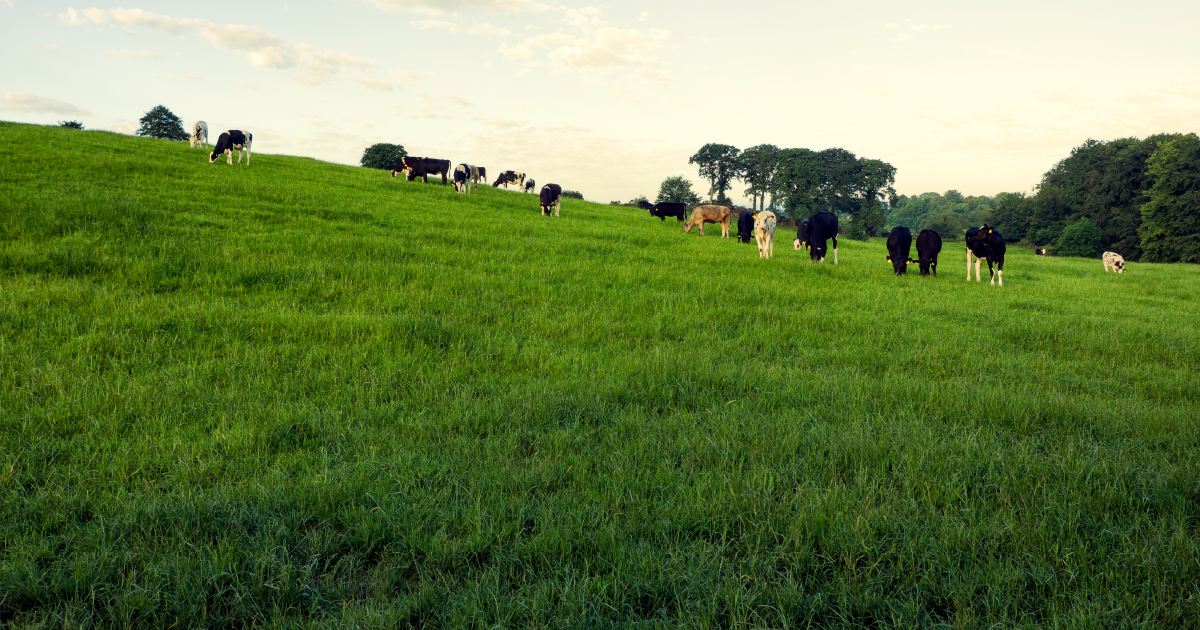Trace Element Deficiencies in Growing Calves
- 3 Feb 2021
- 0 Comments

Copper and selenium/vitamin E are important trace elements for cattle that have a big impact on performance. Deficiencies in these elements are often exaggerated by malnutrition, poor husbandry, and ineffective parasite control.
The Effects of Copper Deficiency
Common clinical signs of copper deficiency can include poor growth rates and de-pigmentation. It can be common in growing cattle, especially in certain geographical areas. Primary copper deficiency is caused by an absolute lack of copper in the diet, however, is more commonly caused by interactions with other minerals including molybdenum, sulphur and iron, which are antagonists.
These minerals either prevent the copper from being absorbed or disrupt copper metabolism within the animal. Copper is an essential trace element and is involved in many processes in the body, including the formation of enzymes, iron metabolism, red blood cell production and physiological functions of the central nervous system, bone metabolism and heart function.
Clinical signs of copper deficiency include:
- Change in coat colour and texture (black coats start to have brown/red highlights)
- Impaired immune function
- Scours/diarrhoea
- Decreased growth rates
- Delayed puberty
The prevention and treatment of copper deficiency can be achieved by supplementation, either as an in-feed supplement or by using a slow-release bolus. Ensure veterinary advice is taken before supplementing animals, as copper toxicity can occur if there is too much copper in the diet.
The Effects of Selenium/Vitamin E Deficiency
Similar to copper, you can expect to see poor growth rates but also breathing difficulties, muscle stiffness, to name a few clinical signs. Selenium and vitamin E have a complex relationship, and deficiency in one or both can increase the risk of disease, often seen in young or rapidly growing calves. Both elements have antioxidant properties, are important in immune function and help protect cell membranes, especially in muscle cells. Deficiency is more common in beef animals fed home-grown feeds from selenium-deficient pastures that do not have access to appropriate mineral supplementation.
Clinical signs of selenium/vitamin E deficiency include
- Poor growth rates
- Muscle stiffness
- Weakness
- Breathing difficulties
- Sudden death
White muscle disease or subacute muscular dystrophy is the most common form of selenium deficiency seen in calves. It causes stiffness, weakness, and breathing difficulties depending on whether is congenital (affecting the cardiac muscles) or a delayed form (affecting either the cardiac or skeletal muscles). Calves affected by the congenital form often die within 2-3 days due to muscle degeneration.
Selenium and Vitamin E should be supplied in adequate amounts in the diet to prevent deficiency. Cows can be given selenium 4 weeks pre-calving to prevent congenital white muscle disease for up to 4 weeks after calving. Treatment can be achieved by the use of oral or parental compound selenium vitamin preparation.
For further advice, contact our Calf & Youngstock team, click here.










